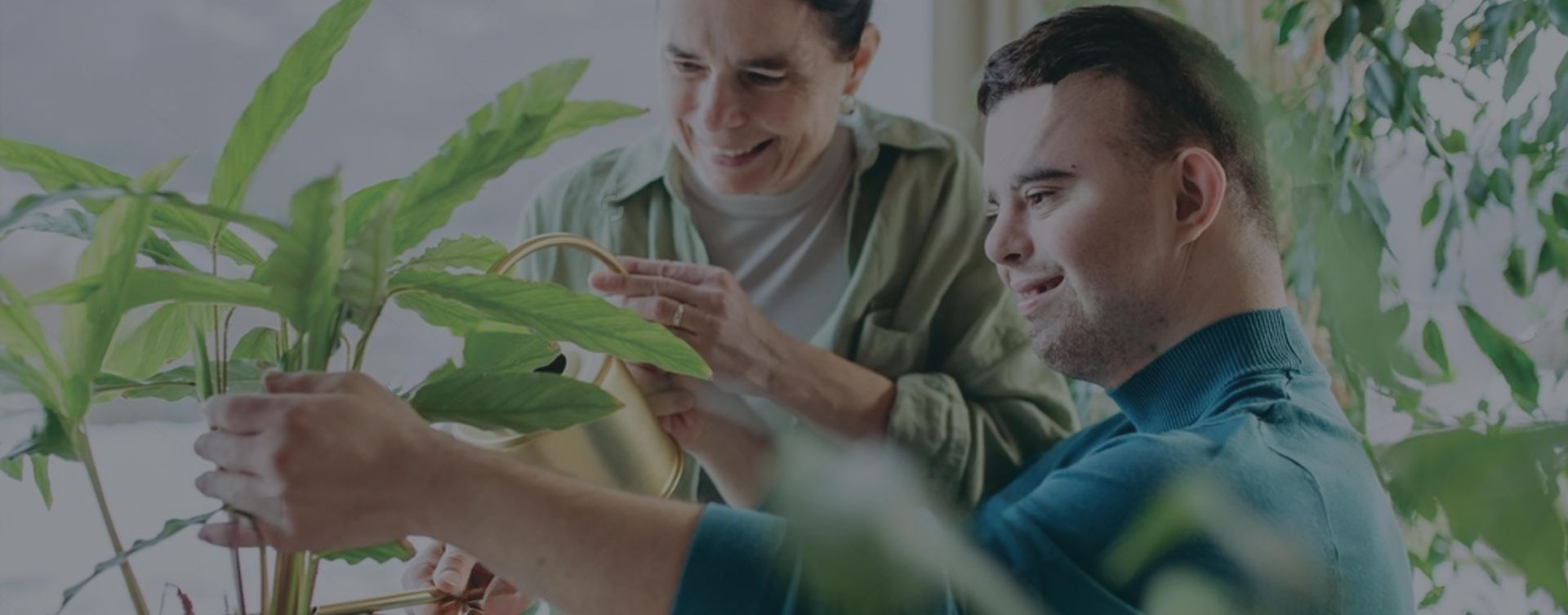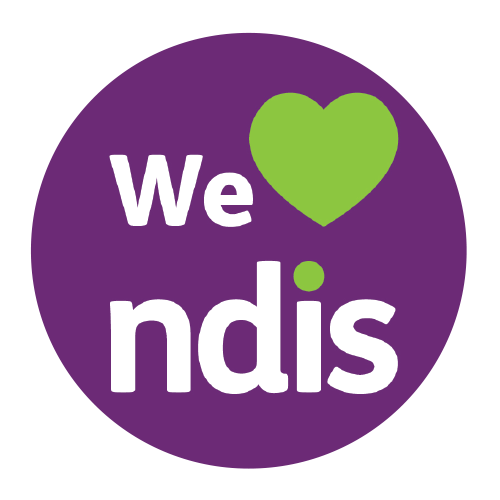National Certified Nurses Day Australia
Our recognition and celebration of your commitment to provide invaluable care to our communities and institutions.
The 19th March is a day of recognition for Certified Nurses across Australia. Nursing is a pivotal career in the medical sector, that crosses borders and provides an essential framework to any medical organisation from the ground up. When talking about hospitals, care facilities and even at times, in home care – we tend to regard doctors as the structural means, surpassing the integral role that Nurses play in ensuring patient health and healthcare relationships – after all, if you look back on any medical experience, you will find that Nurses are your most consistent form of contact, relationships and ‘go-to’ long after that first consultation.

Australia is currently experiencing a shortage of Nurses and the Health Workforce Alliance estimates that there may be a shortfall of approximately 100 000 by the year 2025, due to the current aging workforce and other factors; resulting in a wealth of opportunity that ensures a stable career after you have completed your studies. The current earnings of Certified Nurses is $76, 771 per year for entry- level nurses, up to an average of $88, 055, with specialised nurses earning around $123, 150 per year.
If you are considering a career as a certified Nurse, here are some guidelines that will assist you on your journey towards an incredibly rewarding and respected profession.
Bachelor Of Nursing Education requirements:
You will need to have completed your High School Certificate (HSC) with the appliable Universities Admission Index (UAI). The subjects that are centrally required for Nursing are English and Mathematics, however it advisable to contact your chosen university prior to application, as requirements may differ. Do not become disheartened if you do not have those subjects, as there are many avenues of extended learning to gain the necessary subject criteria.
How long is the Course?
As a full- time student, a Bachelor of Nursing in Australia is 3 years. Your studies will incorporate both theoretical and practical exposure. Over the course of your studies, you will be exposed to the various medical departments, allowing you to decide the speciality in which you feel most suited.
Your practical experience is the most valuable part of your studies. During your studies, you will be required to work 800 practical hours through placements at various hospitals or institutions. This starts from your first year and will carry on until your final year, after which your 800 hours will have accumulated.
It is an extremely exciting time for any student nurse (albeit slightly nerve-wracking), but you will be guided along at a pace that is equivalent to your theoretical skills. You will begin with basics like monitoring vitals and basic patient care and work your way up to advanced nursing skills involving theatre, midwifery, and advanced psychology.
This is a special time and a place where your passion is really put into practice as you spend time with patients, forging strong relationships with other students and colleagues on the wards and finding incredible mentors on the ground who foster and guide you.
As you progress through your studies, you will qualify to Nurse in various levels, namely:
Assistant In Nursing
Enrolled Nurse
Registered Nurse
Midwifery
Nurse Practitioner
If you are currently looking at a career change or unable to participate as a full-time student, there are part-time studies available, during which you will be able to split your hours and fulfil the requirements (particularly the practical modalities) at your own pace.
Once you have completed your studies, you will be required to register with the Australian Health Practitioner Regulation Agency (Ahpra) for Nurses. This is the vital and final step as you begin your career.
Health Staff Australia is incredibly proud to provide Nursing staff as part of our care strategy, as we recognise the innate passion, continuous development, and commitment these individuals serve in our communities. We offer placements for AIN’s, EN’s and RN’s, with competitive rates and the opportunity to control your own schedule. We also offer opportunities for individuals who are enrolled in Nursing studies to work in Direct Disability Care or Aged Care, providing invaluable care exposure and an opportunity to generate an income.
Our team is comprised of highly skilled individuals in the field and we value ourselves on providing support and encouragement to both those starting out in the nursing industry as well as those that are already qualified.
For more information, please contact info@healthstaff.au or visit our job page for current openings.





